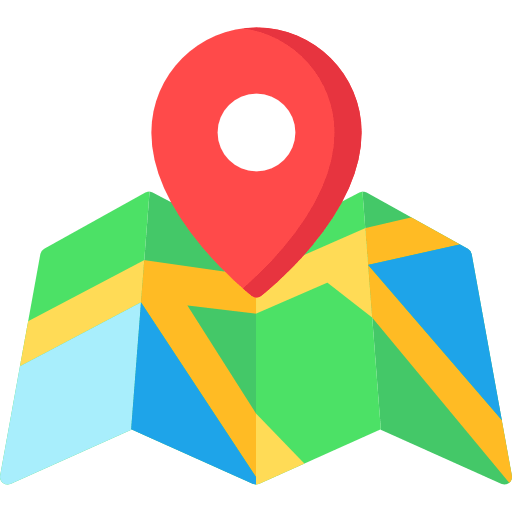Fact is, anybody with a little know-how can find, view and “capture” your IP address.
You need to understand this:
With the right technical know-how and a code trick here and there, your IP address can be discovered by businesses, government institutions and the usual nerdy IT guy — and even your irritating teenage neighbour. I’m sure you ask, “Are they not in need of my permission?” The answer is no. Without your permission, they will sniff away your IP address. But that’s not something you can lose sleep over. Also, this makes you wonder why someone might even think about knowing your IP address. Okay, people have their various reasons to want to know. And different ways to make it happen.
Here’s why they want your IP.
A business might want to know your IP address because they just want to use an IP search service to find out where you are. We do have a pretty good reason. Let’s say an online retail client whose mailing address says, “New York, NY” and buys a business thousands of dollars of fancy merchandise. When that business detects the IP address of the customer, though, it points out that its position is in fact Russia or China. That is a real issue. It gets better. In reality, if you visit their site or click on ads on their website, it is popular for marketers, companies and service websites to “grab” your IP addresses.
What they can find out is pretty interesting:
- What country or state you’re in
- Which city you’re in…within a few miles (sometimes city blocks)
- They can piece together a profile of your interests or online behaviors
That’s only step one:
- By knowing your IP address, an online Forum could “block” access to their chat room.
- By knowing your IP address, an online subscription service could block you from accessing their content, because a sporting/special event is otherwise blacked out in your area.
It’s not that people can “use” your IP address, it’s more that by knowing it they can track you, target you or block you.
How Someone Might Get Your IP address.
Here are nearly a dozen ways people on the Internet can get YOUR IP address:
1. By getting your computer or smart device borrowed.
If someone uses or borrows your computer simply by going to website that will show our IP address, they will find out your IP address. It just pops up.
2. By tapping into your network.
A stranger can break into your wireless network if you’re not well secured at home.Even, if you let a visitor use your network (the password is provided) they will know your IP address.
3. They’re plucking it off your inbox.
Relax: Currently, most Internet / email providers no longer have anyone sending an email with their IP address. Yet smaller Internet Service Providers or individuals setting up their own email server that may still show their IP address. Check out our email trace tool to see.
4. By an HTML Bug email.
Thank you for the interest. This error is not a virus or an act of malice. It is simply a piece of code embedded in a picture included with an email you’re reading. When you display the picture (often just open the email), the bug simply tells the sender you’re reading the email… and it’s also supplying your IP address as well. There are even tools that help people set up these email bugs.
5. From logs on web server.
Here’s how the Internet works: You leave your IP address each time you visit a website. After all, signing in online is your wireless key. A website can scour their Web server computers (if they wish) to review all the IP addresses, just to see the scope of their message or who is a repeat visitor.
6. In Web Forums.
Joining a forum to share ideas or contribute to a discussion is becoming increasingly popular, especially in online education. Your “tag” can identify your voice and opinions but the administrator will be identified by your IP address. (So, if you violate their laws, they bar you.)
7. Comments on Blog.
Partially, bloggers write to hear their readers ‘ opinions. The blog administrator can not only read what you have said, they can also show your IP address with a few keystrokes.
8. Through social media.
Social media sites (Facebook, Twitter, Instagram, Snapchat, etc.) do not share IP addresses between users, but they do know the IP address. When you click on an ad or link to the web, your IP address will also be captured.
9. Out of Mobile Messaging.
Each time you contact someone through a messaging app, such as WhatsApp and Viber, your mobile phone uses an IP address. Use of the Messaging app is rising incredibly quickly. Your IP address is invisible to the person you are writing, but if and when you click a link in a letter, your IP address will be accessed by the website you sent it to. There are places you can use to build trackable connections, including grabify.link and iplogger.org.
10. Via email to your job.
The email header on your office’s email could show your IP address, and it can be easily used by a clever IT-minded person to locate your place of work. Check out our email trace tool.
11. By a court order.
A new law came into effect in late 2016 which sent chills down millions of people’s spines. Revisions to a US federal security measure called Rule 41 offer greater leeway to the FBI and others while investigating online activity. It’s much simpler now to seek subpoenas to get IP addresses (and home addresses).




